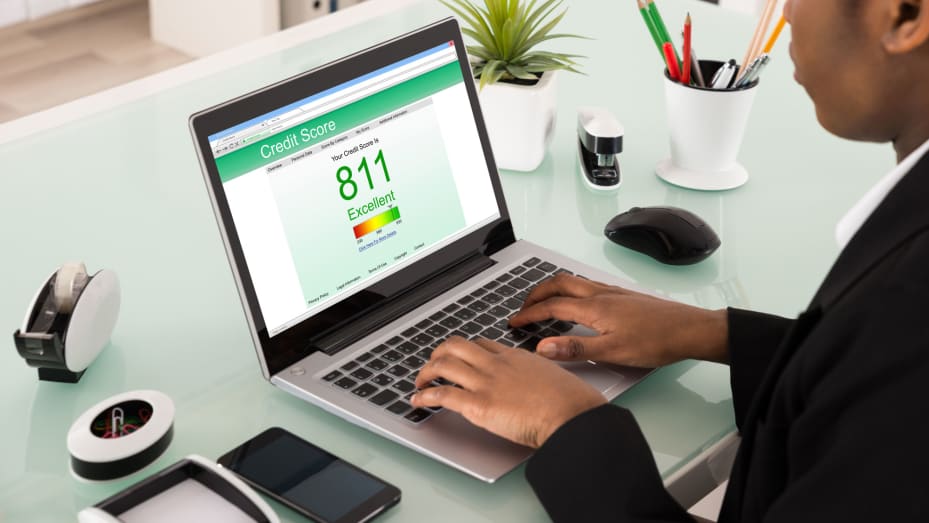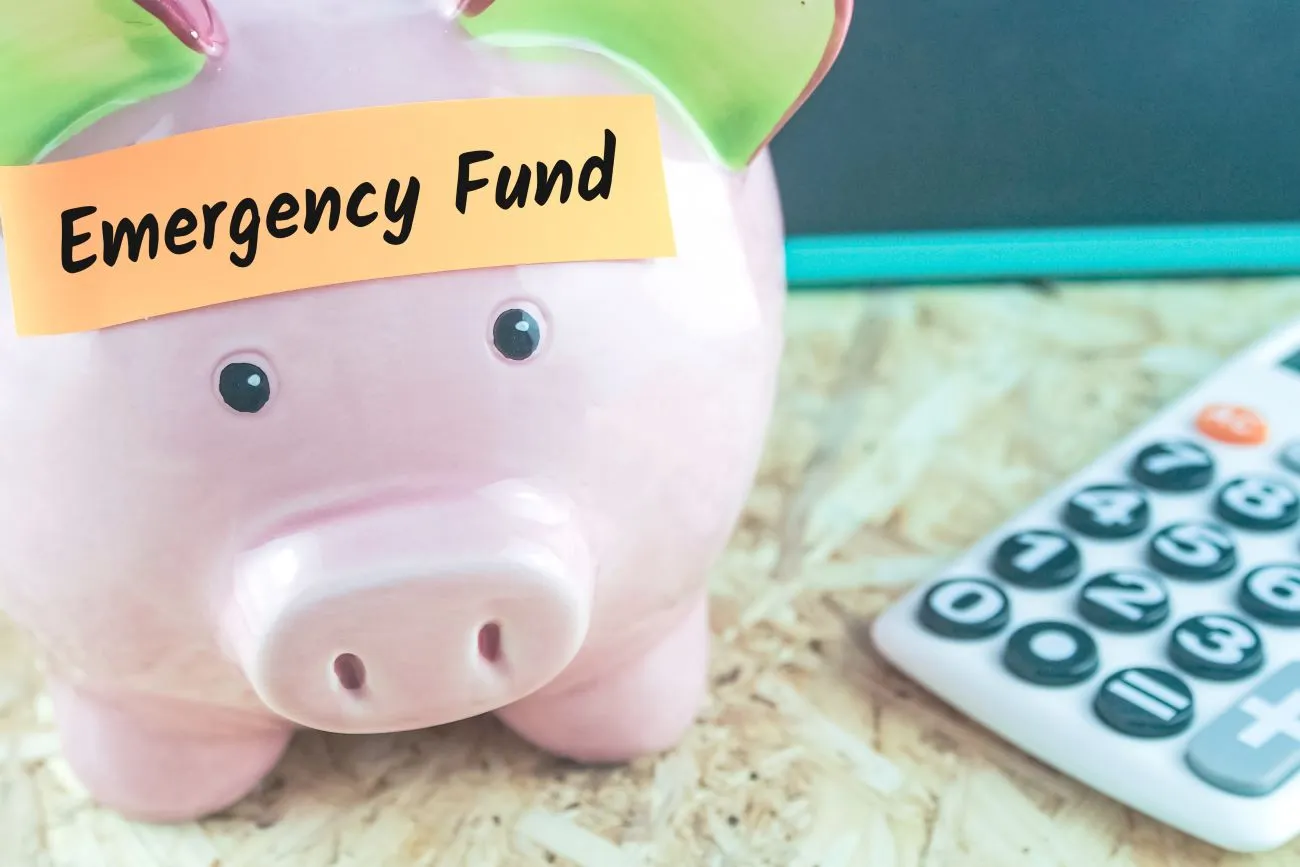A credit score is at the forefront of affordability checks when it comes to qualifying for a loan, from a mortgage to a personal loan. The lower the score, the higher the interest rate will be – no doubt at all. If you can notch it up to 961, according to Experian, you will be able to get the best deals regardless of the type of finances you are applying for.
But after going all out for many months to push your credit score, you let up your efforts as soon as it crosses the range of a bad credit rating. A majority of people, according to Experian, think that their credit score has much improved unless they are charged interest rates.
Contrary to popular belief, credit reference agencies – Experian, Equifax and TransUnion, who have their own models to calculate your credit score – do not decide whether you will get a loan. It is the prerogative of the lender to be influenced by other factors, such as your relationship with that company. However, the data that agencies hold have a major impact on decision-making, especially if you are a new customer.
Your income is good. It will offset the impact
Many borrowers are under the impression that they can convince a lender to sign off on them fair credit score loans by having a strong repaying capacity. Your credit score is the only number that decides interest rates. Other factors, like your income size, determine the size of monthly payments. There is no way you can offset the damaging effects of your lower credit score.
The rule is simple: you will be charged higher interest rates when your credit scores are low, and a fair credit rating is also relatively lower than a good credit score.
How your fair credit score affects your personal loan
Although there are chances to get a better deal with a fair credit score than those with bad credit ratings, the odds are you will have to do a bit more work to get them. Your fair credit score implies that it is a result of missed payments in the past, so having a lender approve lower interest rates is not a cinch.
Most of the lenders do not entertain applications from anyone with lower than a bare minimum of credit score they have set as the eligibility criteria. Some lenders seeking an opportunity to make profits from your less-than-good credit score might give you the nod, but interest rates and fees will be charged very high. However, they will suggest that it is in order to offset the risk involved in lending you money.
Getting a larger loan will not be possible especially when your income is smaller. Further, more often than not the repayment length of these loans will not be long. In most cases the loan will come to an end within two years, which means the higher instalments will be set up.
What should one consider before seeking a loan for fair credit?
First off, burst the bubble of misconception that you can qualify for a loan for fair credit at lower interest rates. Every lender uses their own criteria to determine the risk involved, so interest rates will vary between them. Undoubtedly, it makes sense to do through research. Though not until you put in the application formally can you know the actual interest rates, you can get an idea by comparison-shopping.
These loans are mainly benign when you do not have to borrow a larger sum. Whether you need the sum for planned or unplanned expenses, make sure that your loan payment period is over within six months. The smaller sum will likely help you get competitive interest rates.
Factor in your income and a backup plan in case your financial life is turned upside down. As you receive the loan agreement, you should check interest and fees. Suss out how much money it will cost you every month. Does your budget have the room to fit it in on top of your other expenses especially the essentials? If not, you do not need to sign the agreement, and you will be under no obligation.
Avoid loans that are required to be paid off in a lump sum such as payday loans and cash loans. These loans are also part of personal loans and can be very expensive. These loans are typically useful when you come across some emergencies and do not have money to fund them. However, you can consider an alternative like a young person loan that carries competitive interest rates.
Tips to improve your credit score
You will most likely be disqualified from a larger personal loan despite a fair credit score, and if you manage to get the nod, interest rates will be higher. Here are some of the tips to improve your credit score:
- Make your payments on time. If you use your credit card, make sure that you pay off the balance.
- If due to any reasons you fail to pay down your instalment, you should still try not to make it 30 days past due because then you can escape credit points pull.
- If your credit card utilisation ratio is higher, you should always try to bring it down to 25%, even if you pay off the balance on time.
- Be careful about making inquiries in a short period. Too many hard inquiries can significantly drop your credit points and the impact can be seen for two years.
To wrap up
Fair credit score loans can be expensive because it depends on lenders what they perceive from your overall financial situation. Though your score is not bad, it is still lower than that you need to avail yourself of lower interest rates. You should do the homework to look for the best deal. It is always advisable to improve your credit score if you need large personal loans. Pay your debts on time and spend your money responsibly.





